Bam to Fight against Removal of Coop’s Tax Exemption
Senator Bam Aquino has committed to fight against any move to remove tax exemption given to cooperatives.
Sen. Bam made the pronouncement amid fears by cooperatives that the tax exemption granted to them by the Cooperative Code of the Philippines will be removed in the proposed Fiscal Incentives Rationalization Law.
“We will not allow that to happen,” said Sen. Bam, chairman of the Committee on Trade, Commerce and Entrepreneurship.
“We will make sure the cooperatives retain their tax exemptions,” he added.
Instead of burdening them, Sen. Bam said the government must give all the support small businesses need to prosper.
“Dapat ibigay ng pamahalaan ang lahat ng kailangang tulong ng maliliit na negosyante para umunlad,” Sen. Bam emphasized.
Sen. Bam said he’s taking up the cudgels for cooperatives to continue the legacy of his late uncle Agapito “Butz” Aquino, who, during his time as senator and congressman, pushed for the welfare of cooperatives in the country.
Considered as the father of modern cooperatives, Butz Aquino worked with the Philippine Cooperative Center as chairman until his death in August 17 of this year.
The Philippine Cooperative Center strongly opposes the repeal of Articles 60 and 61 of the Cooperative Code of the Philippines or Republic Act 9520, which aims to rescind the tax exemption privileges of cooperatives in the country.
Republic Act 9520 gives cooperatives with assets of not more than P10 million exemption from all national, city, municipal or barangay taxes.
Cooperatives are also exempt from customs duties, advance sales or compensation taxes on their importation of machineries, equipment and spare parts used by them.
According to data from the Cooperative Development Authority, there are 24,652 registered cooperatives in the country as of December 2014, with over 13 million individual members.
“Hindi tayo papayag na tanggalan ang mga kooperatiba ng tulong dahil ang laki ng tulong nila sa mahihirap nating kababayan,” added Sen. Bam, who worked with cooperatives and poor communities as a social entrepreneur before becoming a senator.
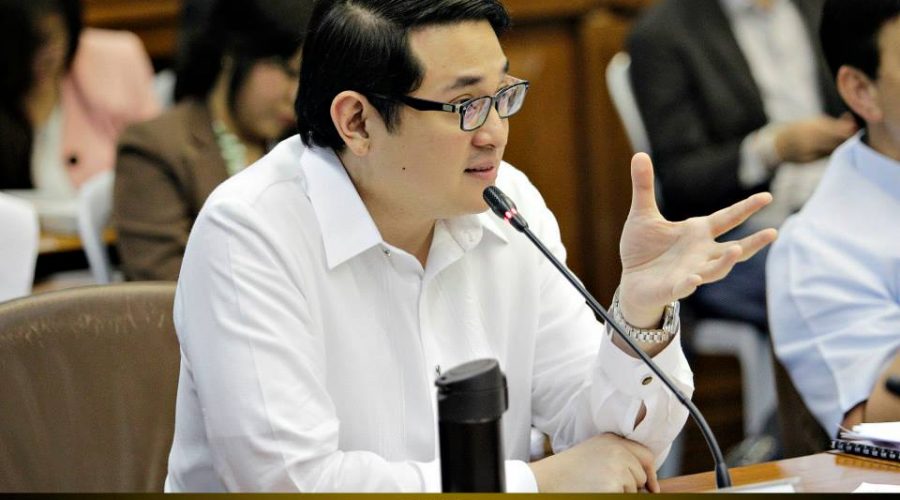
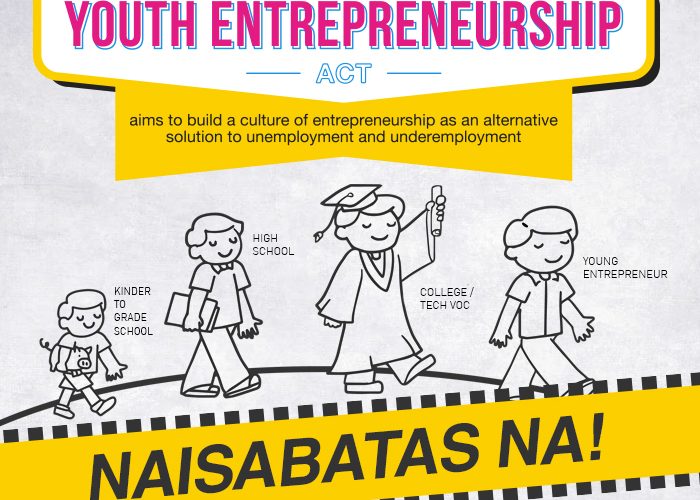
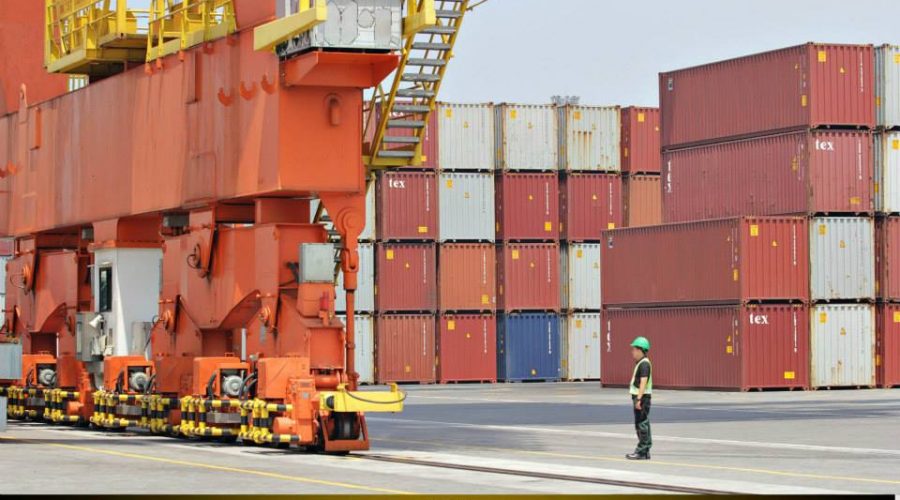
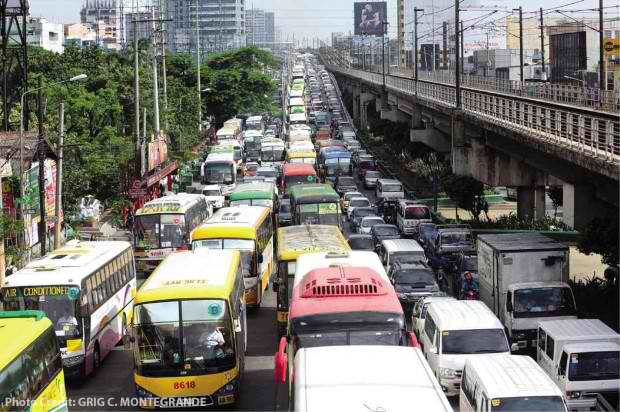
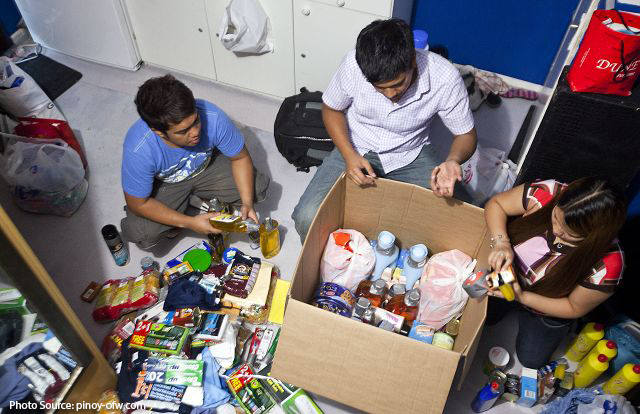
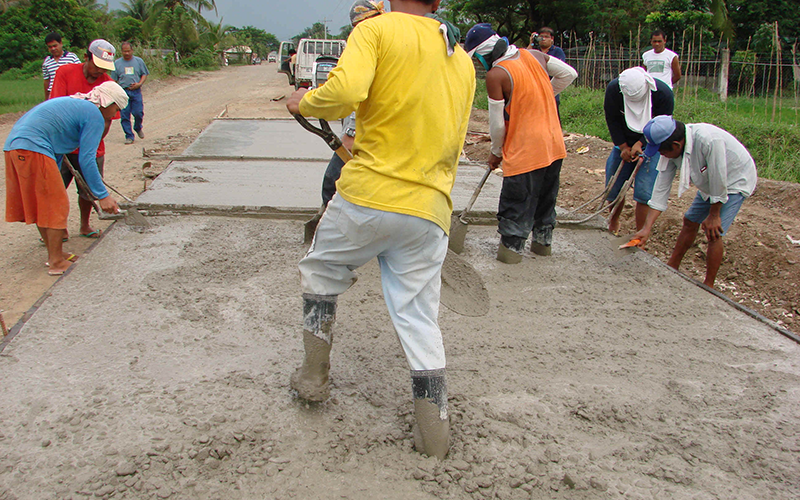

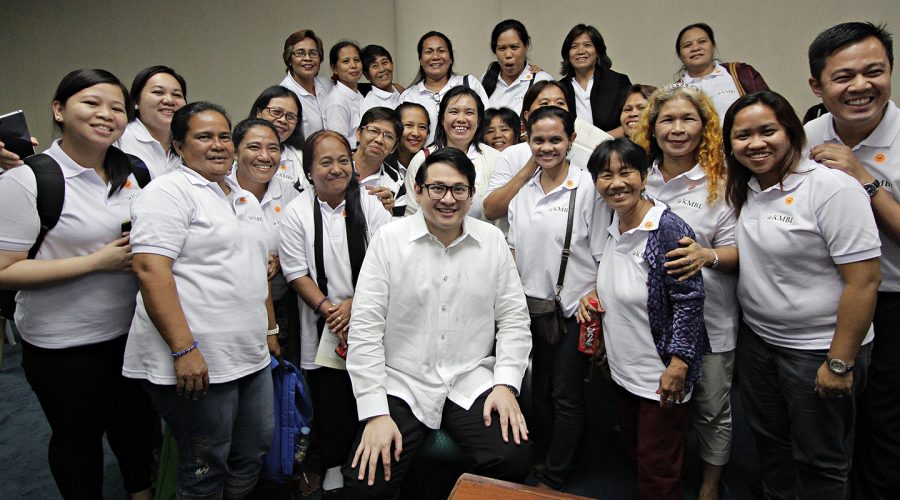
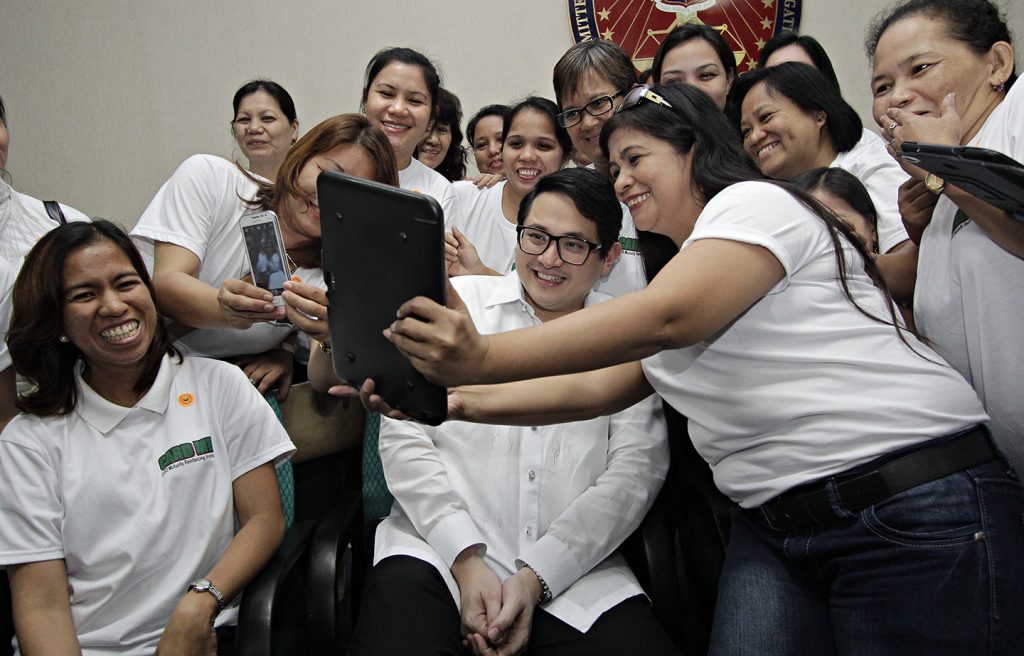
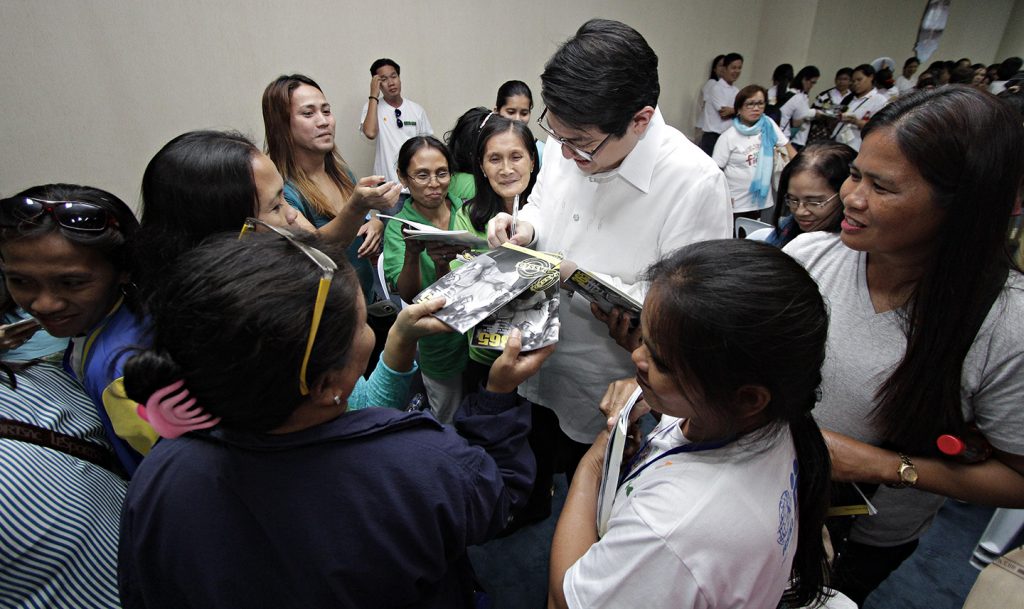
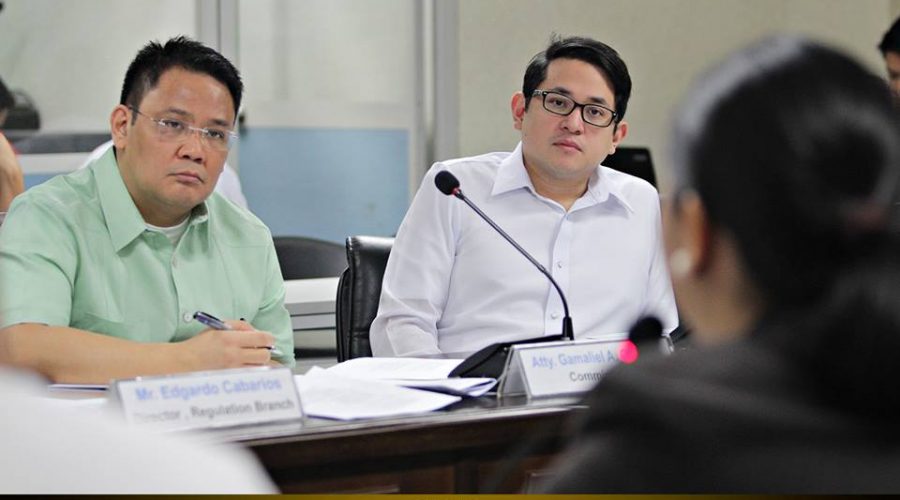
Recent Comments